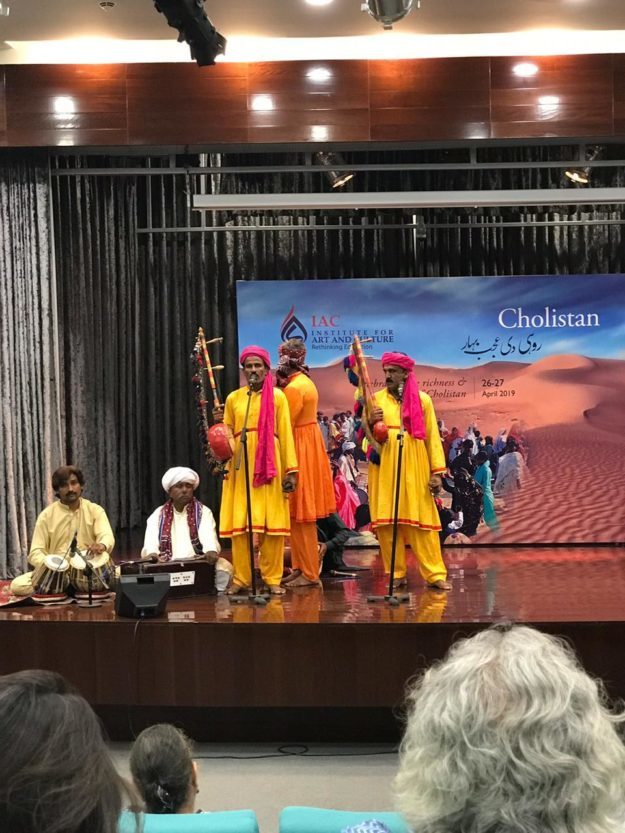LAHORE: Friday, March 27, marked World Theatre Day but as expected, the outbreak of coronavirus across major countries of the world has put a damper on the celebrations.
Like many other forms of performing arts, theatre too has taken a hit in the pandemic, with the world’s largest stage – NYC’s Broadway – also drawing curtains on productions and performances for the time being. Considering this, it is no surprise that all events and shows scheduled for World Theatre Day across the globe could not see the light of day.
- But here in Pakistan, stakeholders are dealing with more than just the after-effects of a deadly pandemic. Artists employed in the theatre industry repeatedly say that the government is complacent about it, often completely overlooking its importance as a driver of social change and a medium of artistic expression.
Pakistani theatre has a rich history and currently, the country boasts of two forms of theatre: parallel and commercial. According to sources, both forms are suffering tremendously. The latter is not doing well despite the work of some well-known parallel theatre groups like the Ajoka Theatre and Azad Theatre.
“The state of parallel theatre in Pakistan is akin to a patient that is dependent on a ventilator for survival and this is only due to the negligent behaviour of the governments over many years,” theatre artist Afzal Nabi told The Express Tribune.
Ajoka Theatre co-founder and writer Shahid Nadeem also echoed Nabi’s disappointment at the timing of the World Theatre Day. “It’s unfortunate that this day came at a very troublesome time, when coronavirus is wreaking havoc all over the world. It’s especially sad because it was extremely significant for Pakistan and Ajoka Theatre since the International Theatre Institute (ITI) had invited me to write and speak for the world theatre community,” he said.
Shahid’s message, titled ‘Theatre as a Shrine’, has been distributed via ITI affiliates to over 90 countries and has been translated to almost 60 languages. It aims to highlight the spiritual aspect of performing arts with reference to Ajoka Theatre experimenting with a new form of theatre, which the group refers to as ‘Sufi Theatre.’

He also added that his message would be read and published by major theatre groups all over the world and the Ajoka Theatre marked the occasion by releasing a recorded version of it on March 26.
But alas, the reality on ground is bleak. “Theatre could not flourish to its maximum extent due to the lack of support from relevant authorities and today, majority of the stakeholders are at risk. Even though there are many art councils, there are hardly any performances and of course, when there are no performances, how will the industry flourish?” questioned Nabi.
“Right now, one of the biggest issues is the fact that many families avoid attending commercial performances due to vulgarity. We saw a golden time around two decades ago but that’s a thing of the past,” said senior artist Sheeba Butt. She also requested the government to provide welfare to artists who have worked in theatre their whole lives and contributed decades to the industry.
